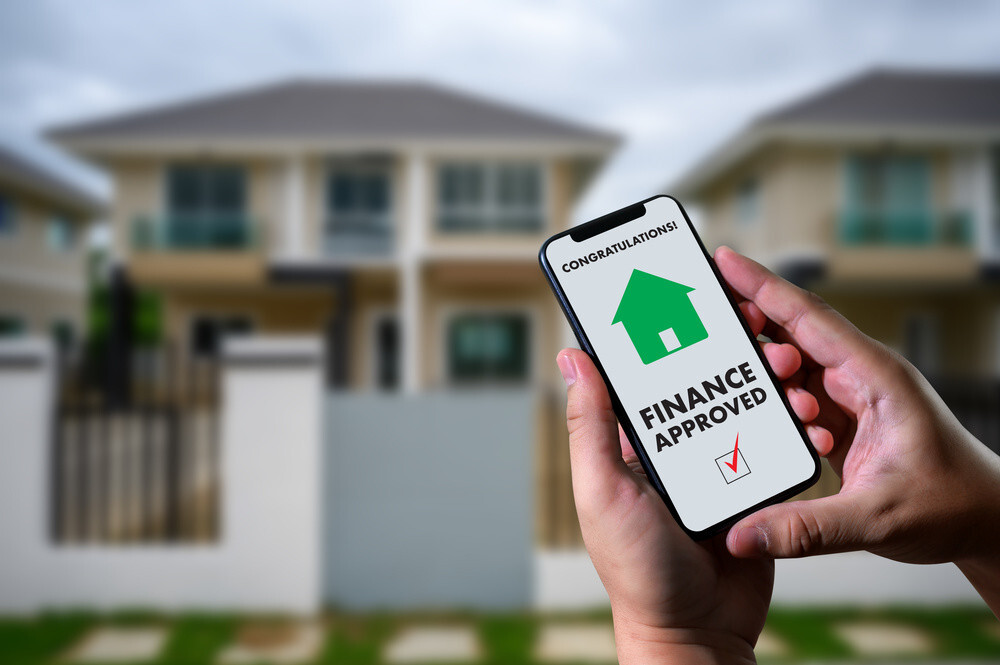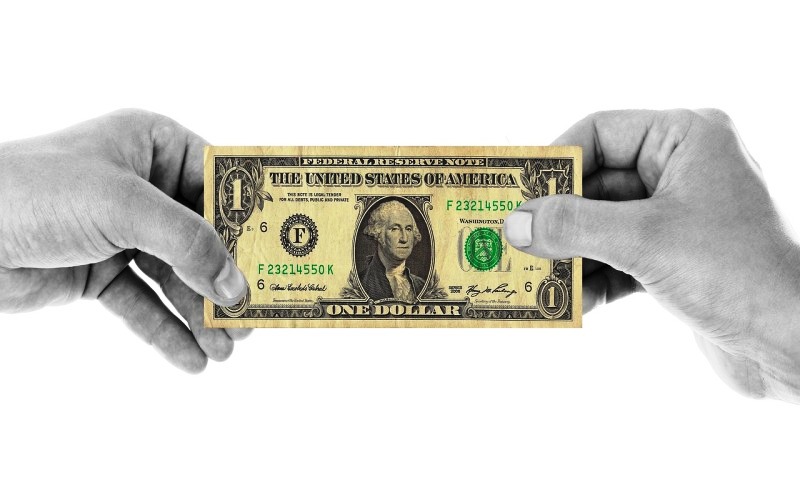Buying a car is one of the most important financial decisions we make during adulthood. There are many choices on the market: the type of vehicle, make and model, exterior and interior options, and even car leasing with insurance.
It can all be overwhelming when you have to make these decisions. To further complicate the process, you have to decide how you’ll finance this vehicle. Is leasing or buying a better option? In short, both options are good options, depending on your current situation and preferences.
Everyone’s lifestyle is different, and each scenario can have advantages and disadvantages for your family’s current situation. Some factors to consider are your current career, extracurricular activities, and ability to come up with a down payment. Let’s dive into what makes each option different and which one fits your current lifestyle.
Top 5 Pros and Cons of Leasing
#1 – Pro: The New Car Smell
If you love the new car smell and the idea of getting something fresh every few years, leasing hits the spot. Being able to turn in your lease after a little while and bring something new and exciting is a treat.
#2 – Pro: Lower Investment Cost
The initial upfront investment with a lease won’t kill your budget as much as buying a new vehicle. Often, you can put an initial down payment on a lease or work that money into the deal of the lease term.
#3 – Pro: Repair Costs
Let’s face it; cars are crazy expensive to fix these days. From rearview mirrors to touch-screen navigation systems, parts to replace these high-tech features will be shocking to fix. With a leased vehicle, the car will be under warranty, avoiding any steep car repairs.
#4 – Con: Mileage Limitations
Mileage is always a big question when leasing. Being that most leases average 10,000 to 12,000 miles per year, you’re limited on your road trip experiences. If you drive a lot throughout the year, leasing is probably not your best option.
#5 – Con: Lease Turn-In Inspection
A lease is not yours unless you opt to buy the lease out. Any scratch, ding, leather tears, or out-of-ordinary maintenance repairs are your responsibility before you turn the car into the dealership. Normal wear and tear are acceptable, but the dealer will inspect the vehicle upon return and assess the damage.
Top 5 Pros and Cons of Buying a Vehicle
#1 – Pro: Vehicle Ownership
The most significant advantage of buying your next vehicle is the benefit of paying it off and being the owner. At the end of your financial responsibility to pay the car off, you will be able to be the proud owner of your vehicle.
#2 – Pro: Factory Warranties
A new vehicle comes with a warranty that will cover any significant repair costs if something happens. Also, you have the option of adding an extended warranty.
#3 – Con: Depreciation
A car, in many cases, is a depreciating value which is something to consider when purchasing your vehicle. The value of the car will drop substantially in the first year of ownership.
#4 – Con: Increased Monthly Payment
The car payment when buying is traditionally much higher than that of a leased vehicle deal. The more money you put down, the lower your payment will be.
#5 – Con: Vehicle Lifespan
Many believe cars just don’t last the amount of time they used to. Between all the high-tech gadgets, efficiency capabilities, and new mechanical components, most consumers don’t keep their vehicles as long as they have in the past because they just don’t want to deal with the repairs of an older car.
To Buy or Lease: Making the Best Decision for You and Your Family
With so many car companies in financial catastrophe and collapse, buying any vehicle right now is a scary thought. The car market is highly volatile right now, so making the wrong move can cost you thousands of dollars.
On the flip side, with the global pandemic and unexpected demand on our budgets, having a car might benefit your family should you need it. Banks use your car title for collateral should you find yourself in a financial crisis and need to use a car title loan for a cash advance.
Another thing to consider is car values have skyrocketed due to used vehicle shortages, so if you own a used vehicle that you’re considering trading in, you might be shocked at what a dealership is willing to pay.
Ultimately, if you want to own your vehicle and not have the burden of maintaining a leased car that will eventually need to be returned to the dealership, maybe that’s your best option.
With all that said, leasing right now in today’s market seems to be the safer option if it fits your lifestyle. If you don’t commute a long distance and rack up the miles every year, leasing should be a strong consideration. Just think: Being able to put the wear and tear on a car that will eventually be traded in for a newer model sounds much more appealing for today’s consumer.
Carla Hughes writes and researches for the auto insurance comparison site, AutoInsurance.org. Carla has been a multiple lease and buying car consumer with the guidance of her husband, who has been in the car business for over 20 years.







































